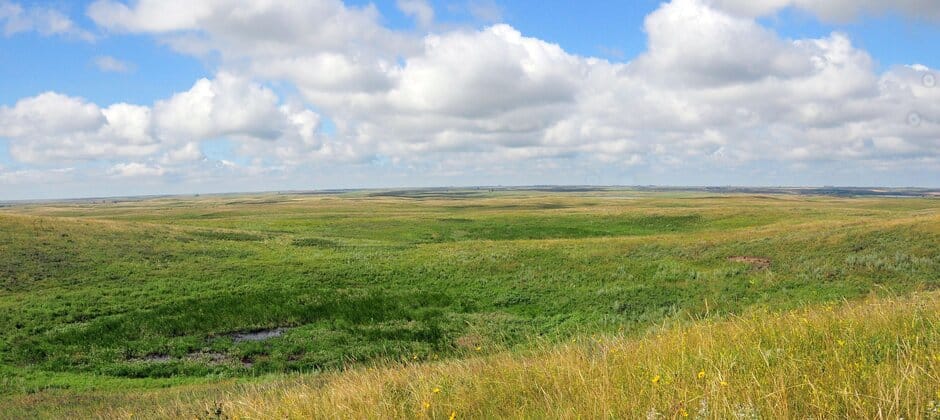
Grazing: The Key to Saving Grassland Birds
Since 1970, we have lost about half of the birds in North America’s grasslands, which make up about a third of the habitats on the continent. In this webinar, presenters...
Hosted By: Rangeland Wildlife Working Group
Drone-based Infrared Thermography to Evaluate the Health and Physiology of Large Whales: Not Just Hot Air!
Baleen whales are known for their massive size and cryptic underwater lives, making them difficult subjects for health assessments. As a result, scientists lack baseline information on certain metrics of...
Hosted By: Drone Working Group
Phenology Data and Tools for Wildlife Conservation and Management
Have you noticed a shift to seasonal events—birds singing earlier, or insects active later in the year? Is your field season changing? Is it shorter? Is it hotter? Phenology, the...
Hosted By: Climate Change and Wildlife Working Group

Habitat Restoration: Addressing Challenges in a Changing World
In this webinar, Jonathan Haufler with the Ecosystem Management Research Institute will discuss how we can restore needed habitat in strategic locations. Jon will address challenges such as climate change, invasive species, and novel ecosystems.
Hosted By: Habitat Restoration Working Group
A Voice in the Wilderness: A Pioneering Biologist Explains Why We Must and How We Can Diversify the Scientific Workforce
In this talk, I shall problematize all of the explanations and propose that what is at fault is the scientific enterprise itself. Thus, if we want to diversify the scientific work force, we must more seriously examine why we are doing science and who that science benefits.
Hosted By: Biological Diversity Working Group
Parenthood in the Field: Challenges and Advice for Raising Your Own Brood
This webinar will be a follow up to a panel discussion held at the 29th Annual Conference to share what we have learned about challenges facing parents in the wildlife profession
Hosted By: Inclusion, Diversity, Equity and Awareness Working GroupPAID AD


Taking Action to Resist, Accept, or Direct Change: How Wildlife Managers Can Thrive in an Uncertain Future
Here we describe the Resist-Accept-Direct (RAD) framework, which can serve as a blueprint for responding to change, and provide examples of USFWS climate change adaptation actions.
Hosted By: Climate Change and Wildlife Working Group
Highlighting Bridge Builders: Examples of R3 Efforts to Connect New Audiences Outdoors
This webinar will provide examples of leading agencies working to increase participation in hunting, target shooting, and trapping, and highlight their experiences in connecting these activities with communities across their states.
Hosted By: Hunting, Trapping, and Conservation Working Group
How Do We Get the Discussion about Non-Lead from Non-Starter to Non-Issue?
Time to go ballistic? Are copper bullets the fruit of anti-hunting propaganda? Join this webinar for a breakdown of non-lead ammunition, a crash course in its controversy, and bits of wisdom for hunters, shooters, and conservationists today. We’ll dive into the last decade of rhetoric on a topic hotly debated from litigation halls to hunting camp. Let’s hasten the transition to alternative ammunition, avoid being castigated as gun-grabbing-no-nothings, and go ballistic with non-toxic ethics for wildlife and the shooting sports.
Hosted By: Wildlife Toxicology Working GroupPAID AD




